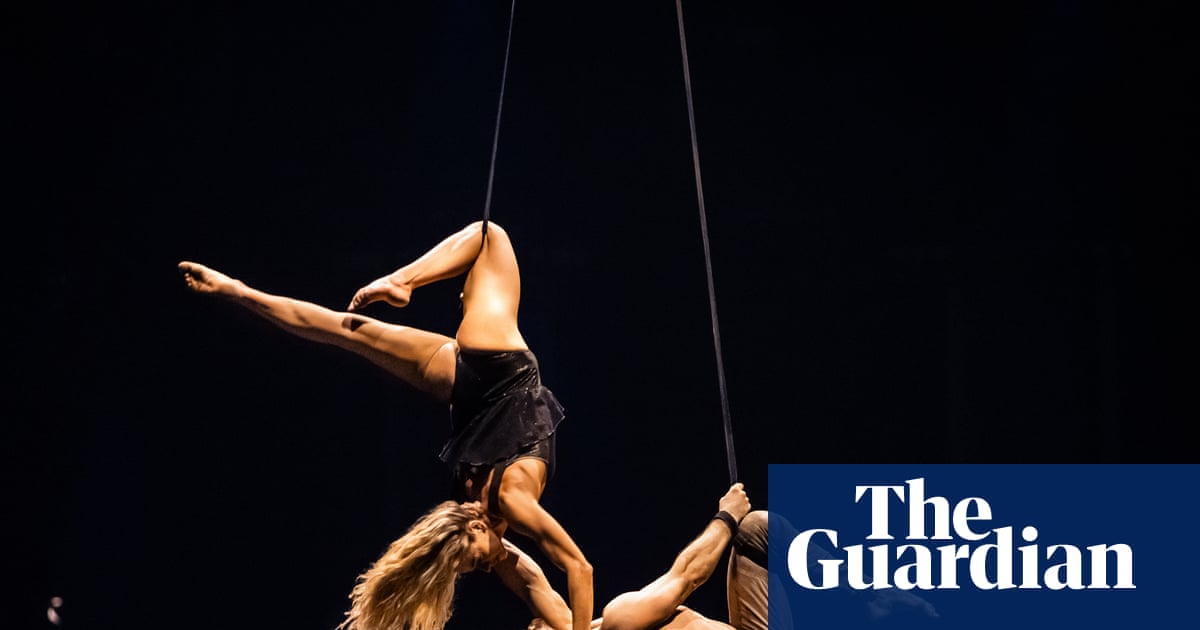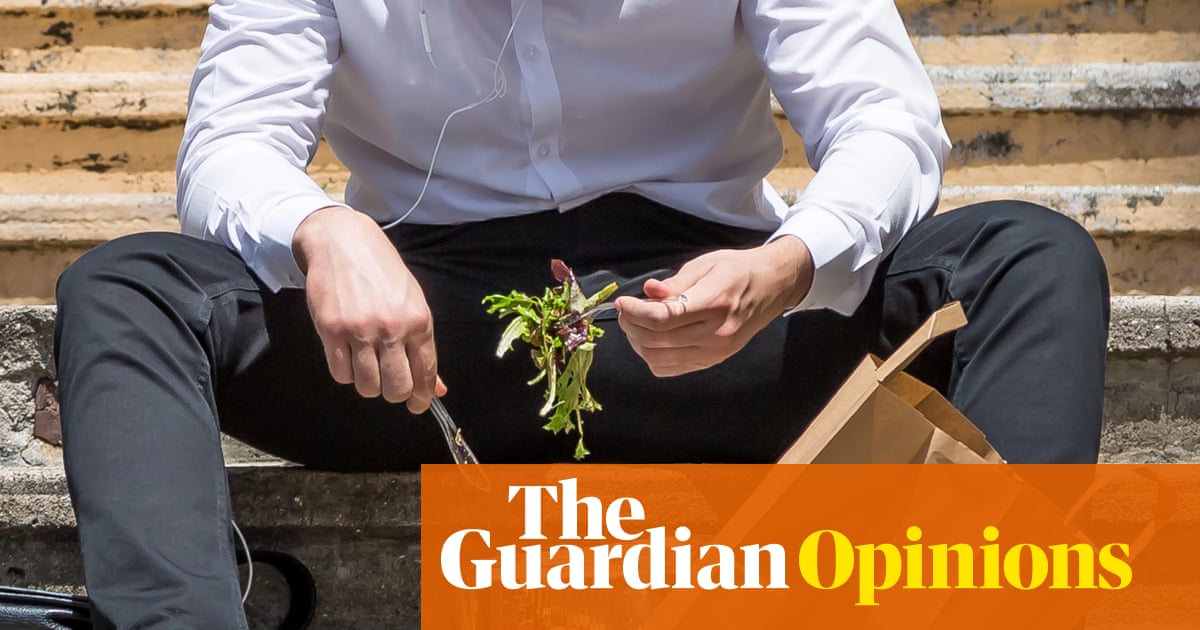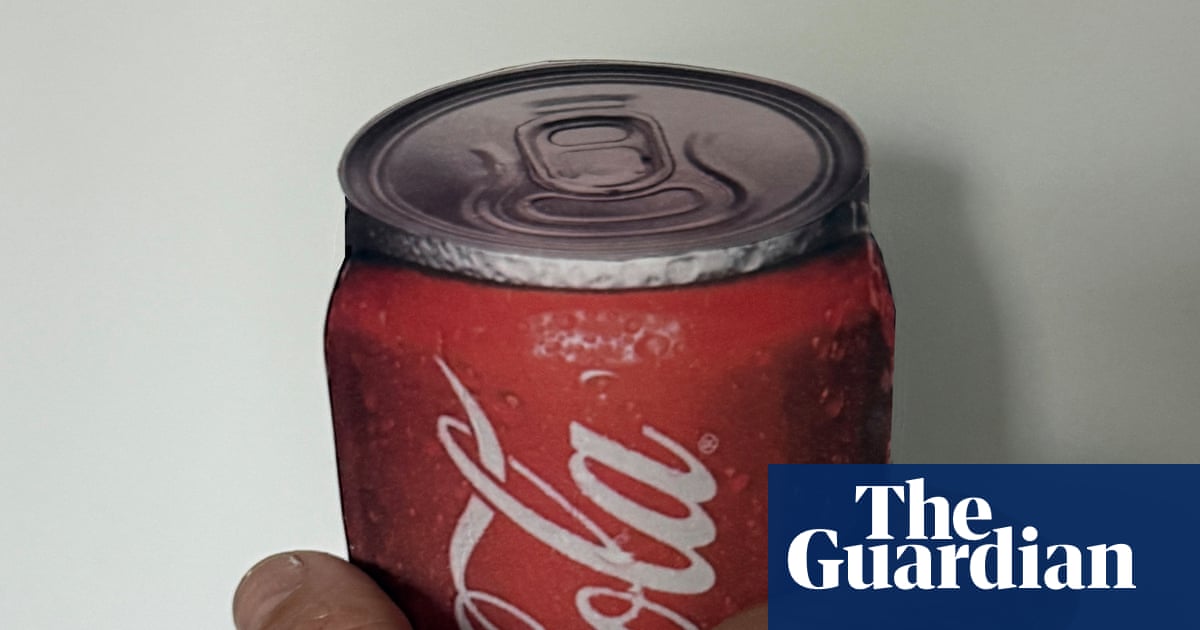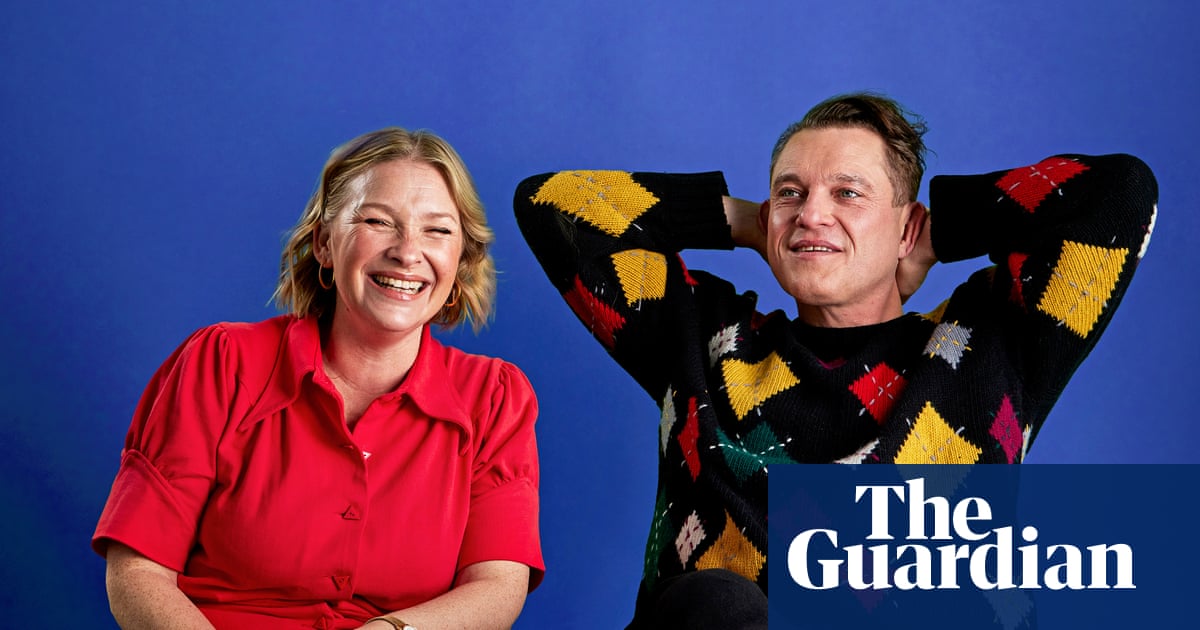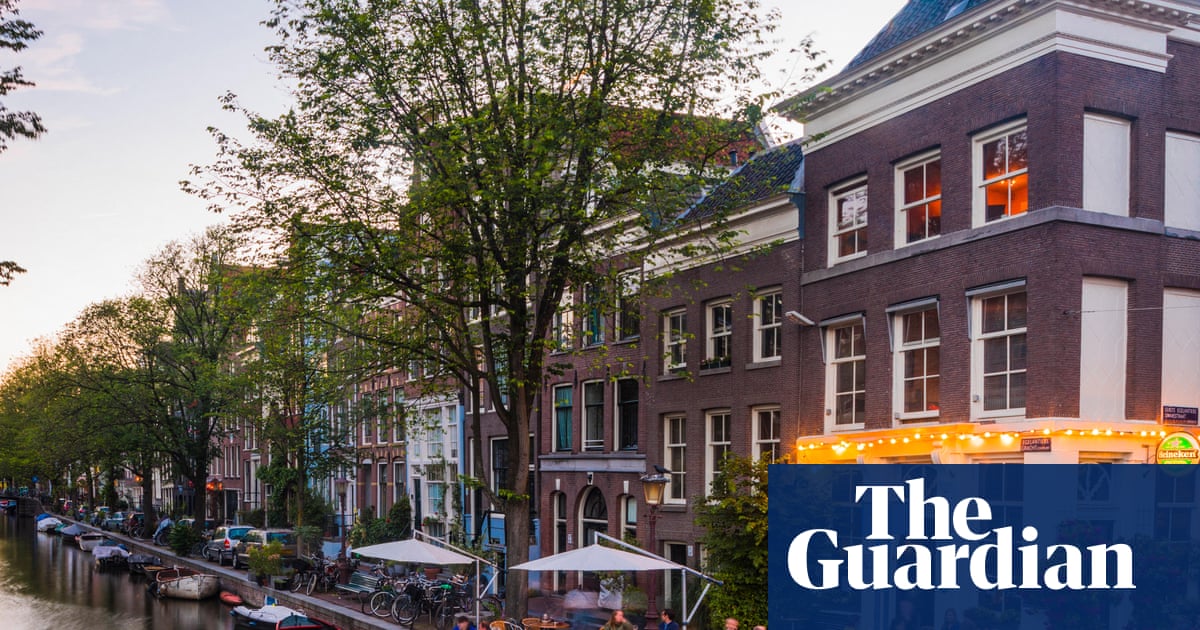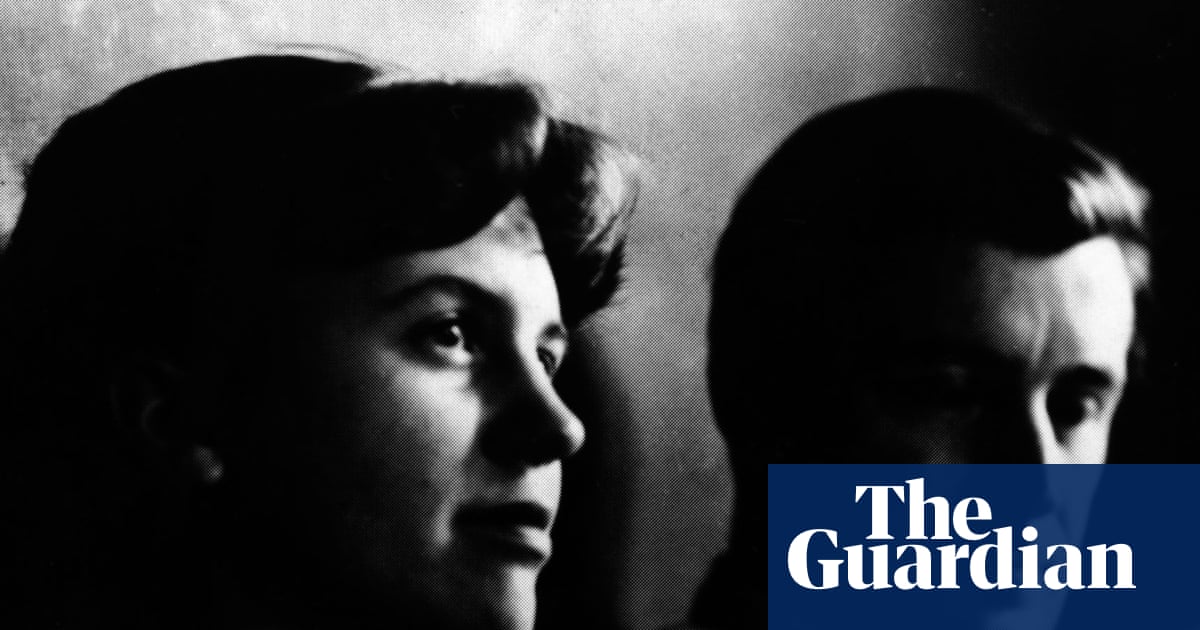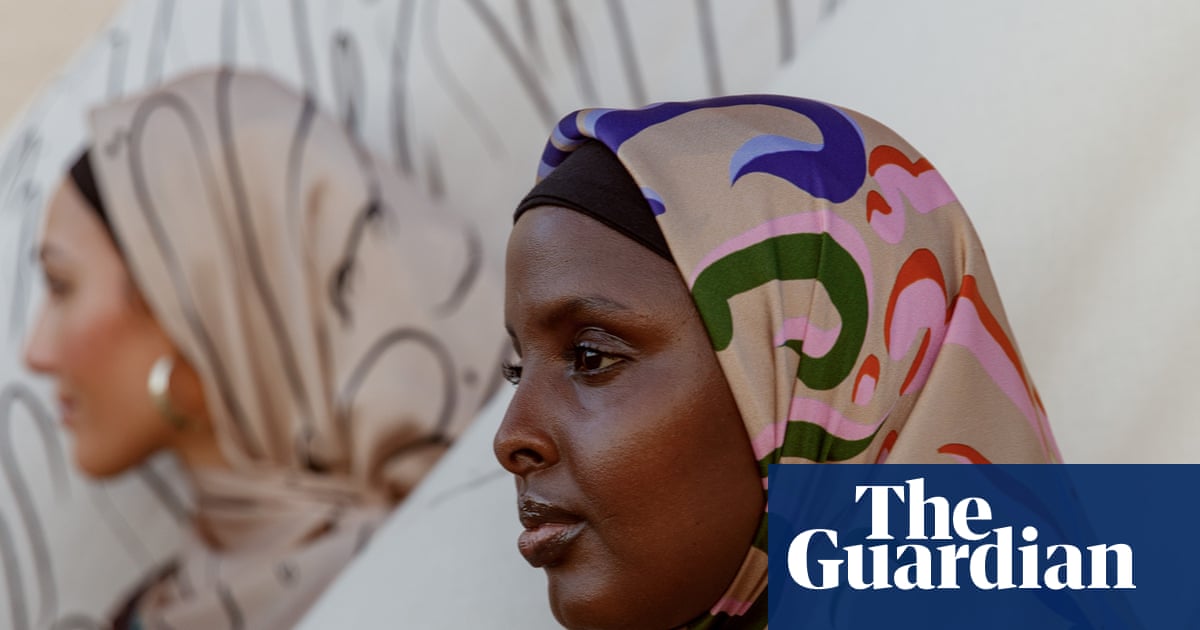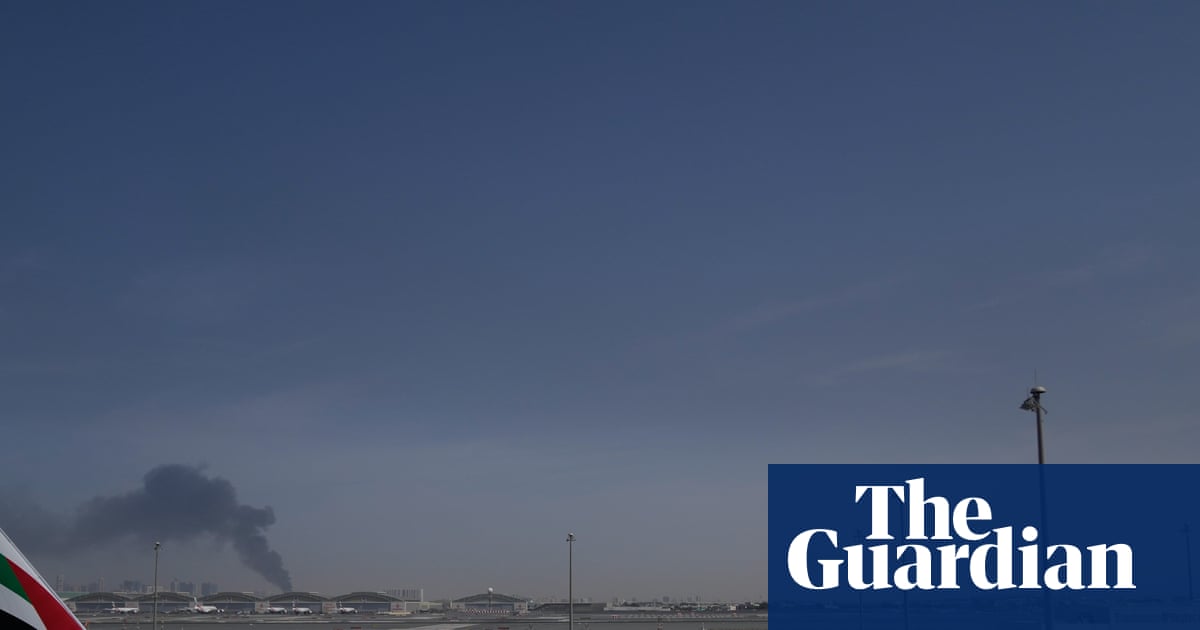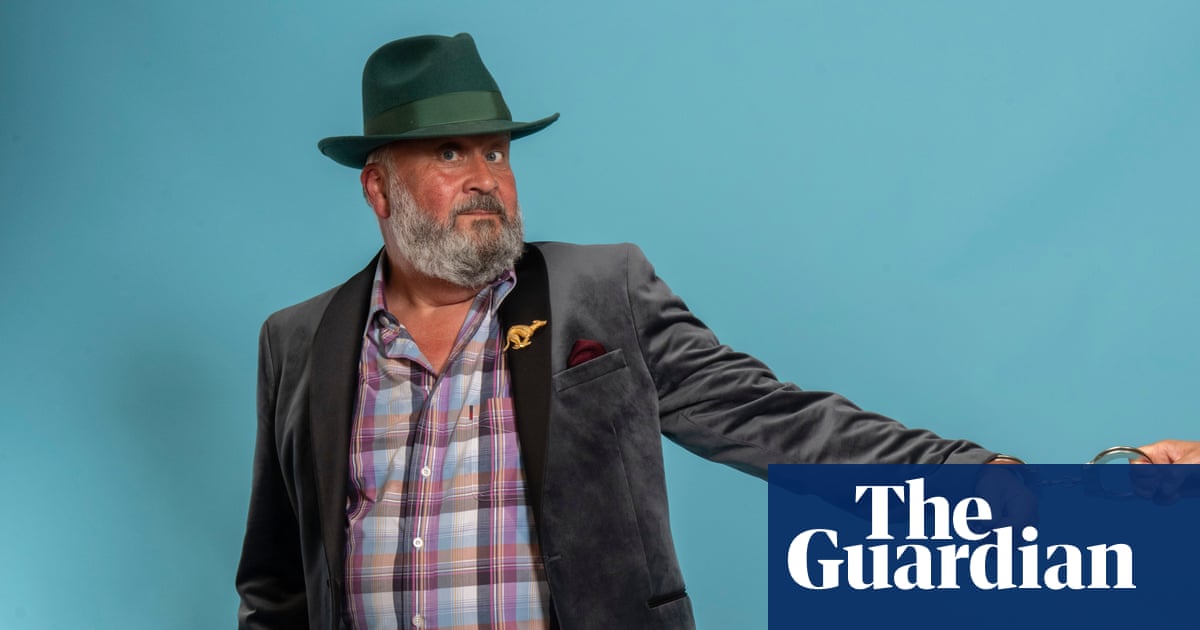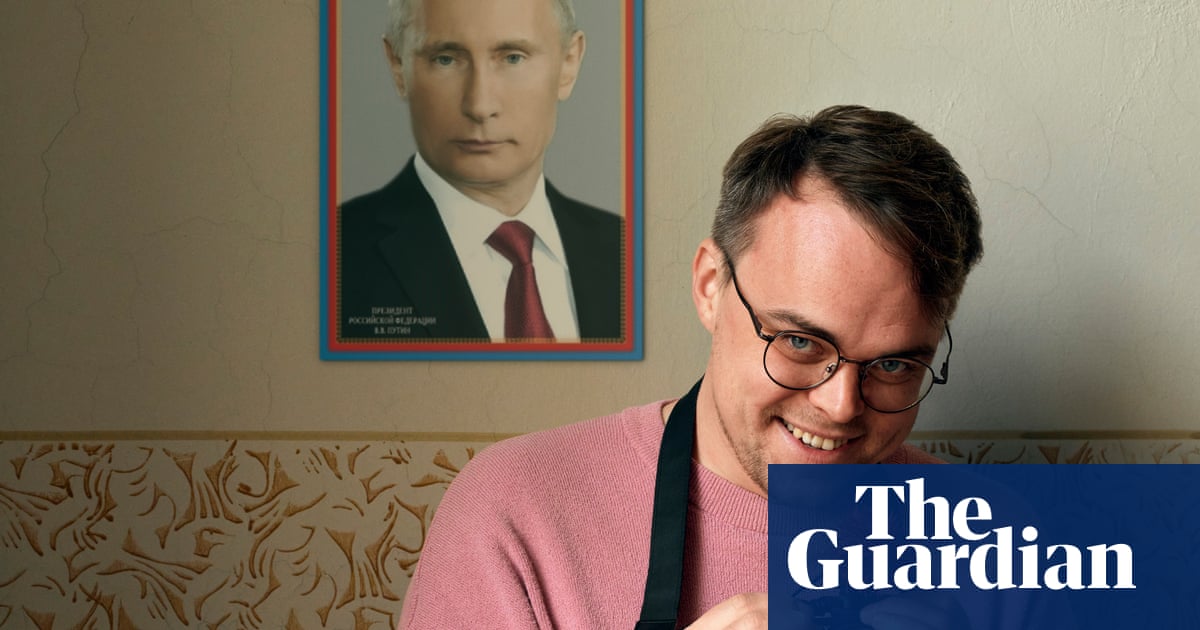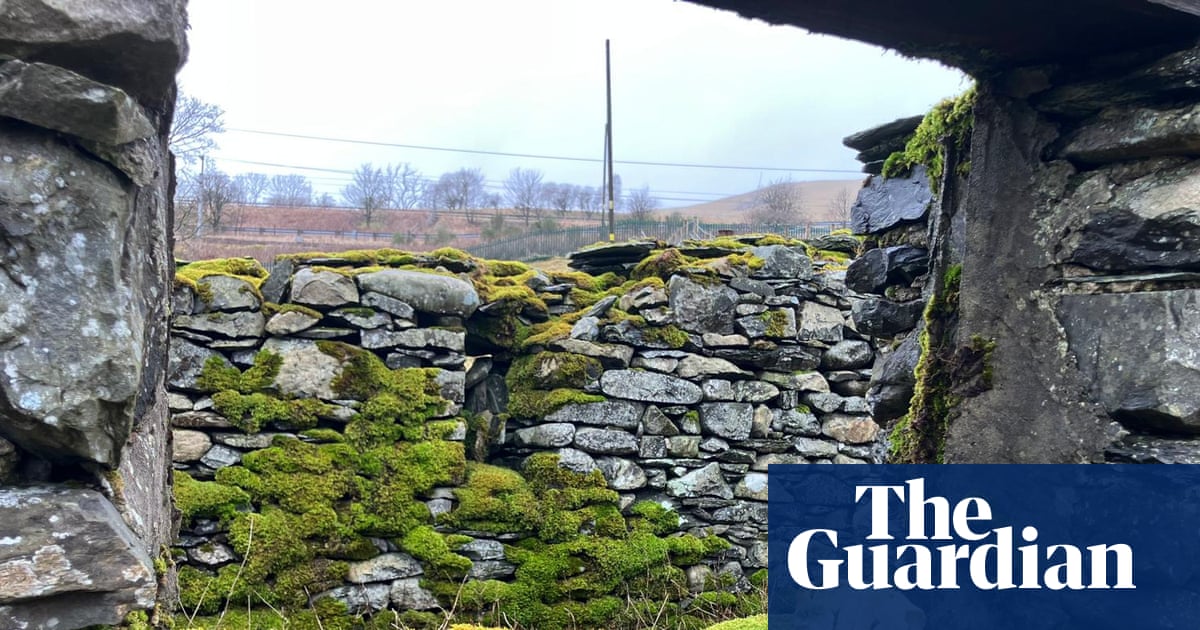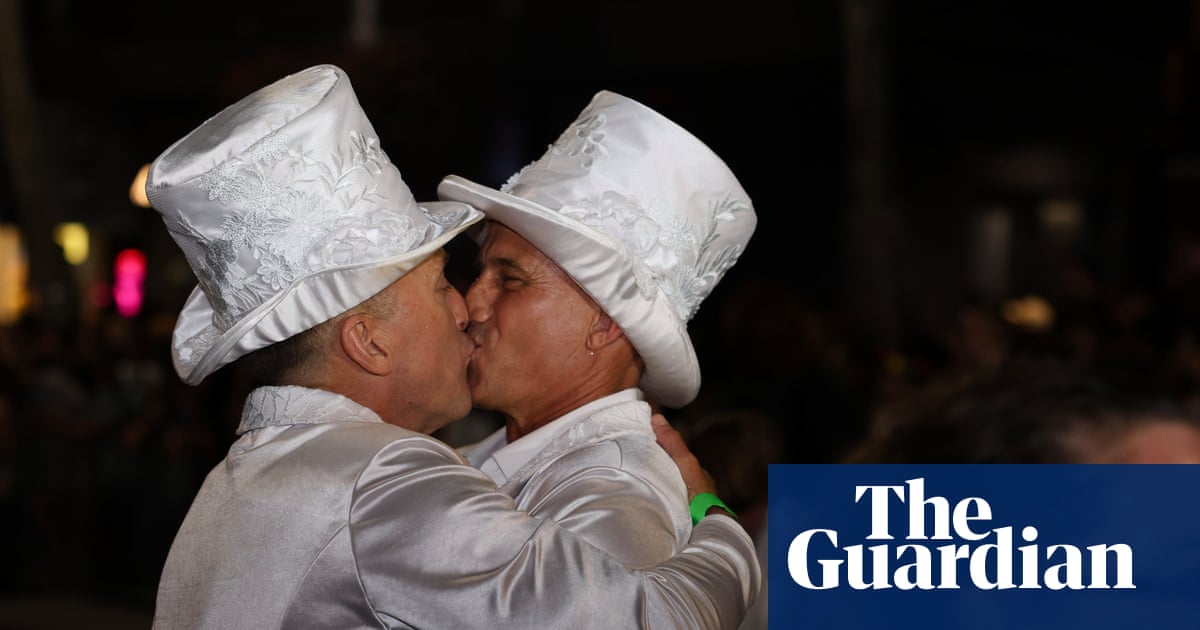Rachel Cooke filled her weekly slots in the Observer with curiosity, enthusiasm, humour and discernment for 24 years. Books, food and people were her three main subjects as a critic, columnist and interviewer – and as an author herself. Readers enjoyed reading her because she enjoyed herself: her account of daring to bake a cake for Delia Smith in 2022 was an unabashed delight.
She was not always so keen to please. In her first interview she complained that its subject, the chef Rick Stein, had given her nothing to eat (he was so cross that he phoned her boss). She upbraided the cricketer Kevin Pietersen for “quite outstanding charmlessness”. Rachel took seriously her duty to inform as well as divert. Her piece about the psychiatrist David Bell, who wrote a critical report about the gender identity service at the Tavistock clinic in London, was a model of clarity. The impression left by her encounter with the politician Wes Streeting was of his ruthlessness.
To literary criticism she brought the same powers of judgment and observation, along with an erudition that she managed to share without showing off.
The poet Philip Larkin was one passion, mid-century female novelists were another: Elizabeth Taylor, Muriel Spark (“the cleverest and weirdest”), Elizabeth Jane Howard. The publicity-seeking American professor, Morris Zapp, from David Lodge’s campus comedies, was a favourite character. In 2007 Rachel was the force behind a new prize for graphic novels, run by the Observer with the publisher Jonathan Cape.
Her prose, sprinkled with brilliant images, gave style to her substance. Chapter breaks in a rather tiring book were “conveniently placed benches”. Friends of the late Carmen Callil basked in the publisher’s attention “like seals on a rock”. She dropped aphorisms into her copy – “human beings (I think) may be divided, roughly speaking, into drains and radiators” – and had a winning, confidential way with brackets.
Beneath it lay a soft heart. At the London Library in February, she told an audience that she could not read the deathbed scene of Helen Burns, in Jane Eyre, without crying. This was her last public talk before she was diagnosed with the ovarian cancer from which she has died, aged 56.
Rachel was born in Sheffield, the first child of Roderic Cooke, a botanist at the university, and Elizabeth (nee Goodson), who had been his student and became a biology teacher. The family home was an Edwardian house in the city’s leafy west. Rachel was a talkative, tidy little girl, with bright blue eyes, a memory for facts, home-sewn dresses and two fond grandmothers. She told stories to her younger brother, Ben, as soon as he was old enough to listen. After her parents separated, a stepfather and then a sister, Jane, made a household of five. Two more sisters, Emily and Rebecca, arrived after her father remarried.
Living in Jaffa, Israel, between 1977 and 1980, where the family moved for her stepfather’s work, she turned their bomb shelter into what she called “my office”. She never wavered from her ambition to become a journalist or lost her taste for za’atar. Back in Sheffield she joined Tapton comprehensive school, bleached her hair, became a Queen fan and got fed up with piano practice. Moving to Sheffield girls’ high school during the sixth form, she was encouraged by a teacher to apply to Oxford University to study English and won a place.
After editing Cherwell, the student newspaper, in her final year at Keble College, she got a place on a Sunday Times trainee scheme, and rapidly established herself as a hard worker who grasped that journalism could also be fun. During a stint on the Style section she made a friend of her editor, Jeremy Langmead, and joined him when he left to edit Nova magazine in 2000. Katharine Whitehorn, the Observer columnist and fashion editor, had been Rachel’s hero from childhood. When she was offered work on the paper’s Review section in 2001, she said yes.
She met the critic and novelist Anthony Quinn at a party. The day before their wedding in 2006, the novelist Jilly Cooper, whom Rachel had interviewed the previous week, sent round a bottle of champagne. What Rachel called “the best years of my life” were spent with him in Islington, where she worked in a study overlooking a garden where she would have spent more time digging if she hadn’t had so many deadlines.
From 2009, she wrote a column on food, as well as television reviews for the New Statesman, interviews for Esquire, and other Observer work including filling in for the art critic when she got the chance. In 2006 she was named Interviewer of the Year at the British Press Awards.
She carved out time to research her first book. Her Brilliant Career (2013) drew on archival research and interviews to offer an alternative view of the 1950s, rooted in the achievements of 10 pioneering women. Chapters included a double-portrait of the film director Muriel Box and her sister-in-law, the film producer Betty Box. No one evoked a particular 1950s atmosphere – glamour rising out of drabness – as well as Rachel did.
She brought out two more books. Kitchen Person (2023) is a gorgeously produced collection of her food writing. The Virago Book of Friendship (2024) is an anthology of excerpts that was her excellent idea, and ranges from the tragic (Jane Eyre) to the comic (Bridget Jones) and fraught (Virginia Woolf and Katherine Mansfield). Rachel championed feminist ideas and authors over many years. She and I bonded as colleagues over our support for single-sex spaces and sports, and became friends.
Rachel opposed the decision to transfer the Observer to new owners. But when the deal was done, she was part of it and, after becoming ill, she kept working for as long as she could. “I feel quite private about the fact that I have cancer,” she wrote in June. A month later, she likened herself to “a strange sparrow, struggling to peck”.
As a child she went walking in the Lakes with her father. She planned to keep walking and travelling and had ideas for more books too. She thought our age of the screen made these the “dying days of paper” but would never have given up on it herself.
To friends and family, including six nieces and nephews, as well as to editors and readers, she was a cherished companion and guide to what to read, eat and do, who was continually invigorated by her interest in the world around her.
Rachel is survived by her husband, her mother and her siblings.

.png) 3 months ago
58
3 months ago
58

